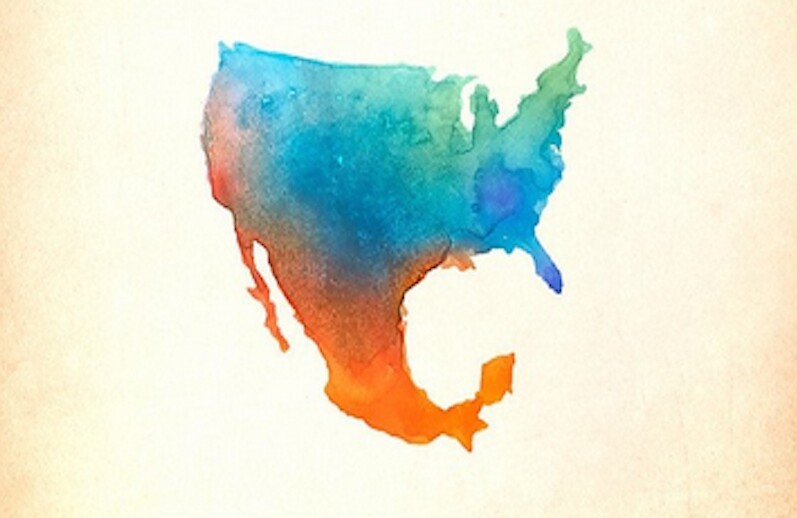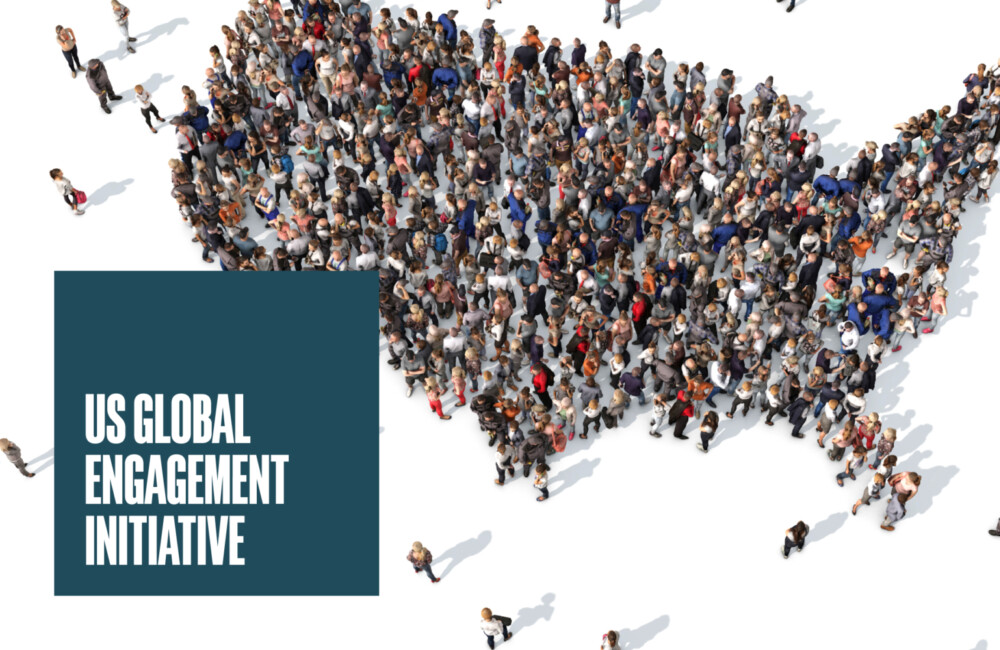Framing ethical perspectives
Multilateralism refers to a group of nations working together for a common goal. It is at the heart of international relations as nation-states form alliances with like-minded countries to take on global issues, such as climate, emerging technology, inequality, and collective security. Carnegie Council sees multilateralism as essential to generating solutions to global problems and a critical component of an ethical present and future.
Featured Multilateralism Resources
Inclusivity, AI & climate governance, and more
FEB 27, 2024 • Video
A Carnegie Council Conversation with the UK Home Secretary
MAR 28, 2024 • Video
Unlocking Cooperation: The Global South and Global North
In the inaugural panel of the "Unlocking Cooperation" series, Ramu Damodaran leads a discussion on forging a path forward for Global South/North collaboration.
OCT 18, 2023 • Video
Unlocking Cooperation: A Global Ethics Day Special Event
In this keynote event for Global Ethics Day 2023, Carnegie Council President Joel Rosenthal led a conversation on the psychology behind cooperation; ways that states, institutions, ...
Subscribe to the Carnegie Ethics Newsletter for more on ethics and international affairs
Related Initiatives
Model International Mobility Convention
The primary goal of the Model International Mobility Convention (MIMC) is to formulate new rules for migration and asylum that can benefit both migrants and refugees as well as their states of origin, transit, and destination.
Carnegie Ethics Accelerator
The Carnegie Ethics Accelerator is a new kind of incubator designed to empower ethics in the face of swiftly evolving challenges in technology and public policies.
Explore Our Multilateralism Resources

JUN 13, 2018 • Podcast
Restoring Trust: How Can the American Public Regain its Confidence in its National Security Apparatus?
There is a huge divide in the way Americans assess U.S. foreign policy. Take for example, the June G7 meeting, which ended in a ...

JUN 1, 2018 • Podcast
Vanishing Frontiers: The Forces Driving Mexico and the U.S. Together, with Andrew Selee
"Mexico is very present in our daily lives, sometimes even in ways we don't realize," says Andrew Selee. Did you know, for example, that some ...
MAY 31, 2018 • Podcast
Why Ethics Matter in International Affairs
How can you ensure that ethics are a core component, not only of an international affairs education, but of graduates' performance once they go out ...

MAY 22, 2018 • Podcast
Democracy Promotion in the Age of Trump
In this panel Adrian Basora makes a strong case for democracy as not only promoting American values but also serving U.S. interests, while Maia ...

MAY 15, 2018 • Article
The French Far Right in Russia's Orbit
"Far-right groups in France are not restricted to the party of the Le Pen family. They are diverse, operate through networks, and are now well ...
MAY 14, 2018 • Podcast
From Cold War to Hot Peace: An American Ambassador in Putin's Russia, with Michael McFaul
As Obama's adviser on Russian affairs, Michael McFaul helped craft the United States' policy known as "reset" that fostered new and unprecedented collaboration between the ...

MAY 8, 2018 • Article
Engagement: What Do Voters Think
Ali Wyne notes that there is a disconnect between how Americans view U.S. foreign policy and whether or not it supports and sustains their ...

MAY 2, 2018 • Article
Disengagement Meets the Army of None
Author Paul Scharre presented his book "Army of None" at Carnegie Council on May 1. The book and his talk raise ethical questions about the the ...
MAY 1, 2018 • Podcast
The Peacemakers: Leadership Lessons from Twentieth-Century Statesmanship, with Bruce Jentleson
What are the qualities and conditions that enable people to become successful peacemakers? At a time when peace seems elusive and conflict endemic, Bruce Jentleson ...

APR 25, 2018 • Article
Ian Bremmer, Populism, and Disengagement
Ian Bremmer discusses the connections between America's recent wars, increased populism at home, and support for U.S. disengagement abroad.




